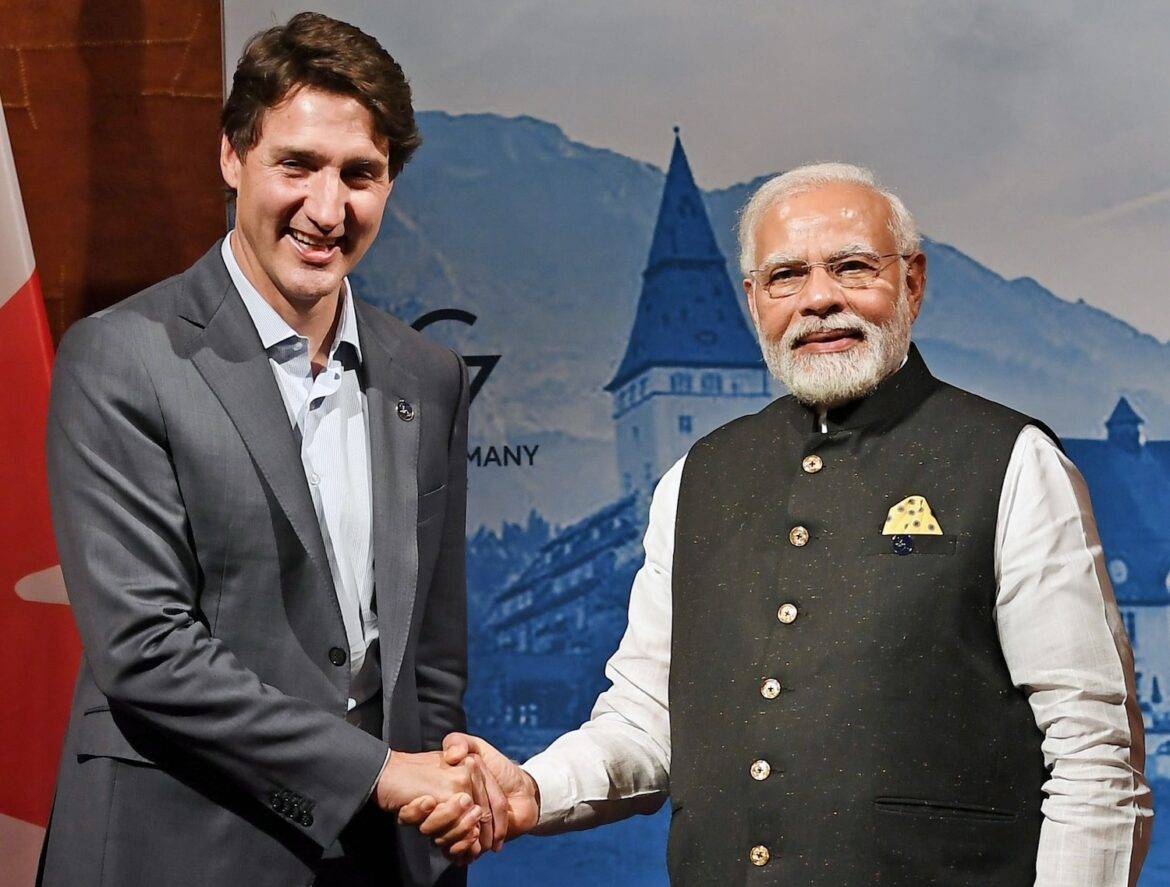AI Generated Summary
- The challenges Canada might face in rallying support against a powerhouse like India highlights a crucial lesson in diplomacy – the importance of nurturing relations and responding with tact (and fact) to the concerns of other nations.
- The projection underscores the quintessence of nurturing a harmonious diplomatic and economic rapport with India, a relationship that now hangs in the balance due to recent diplomatic frictions.
- India is a key partner as Canada looks to strengthen its economic links to the Indo-Pacific under a new, comprehensive strategy for the region.
In a rapidly globalizing world, fostering and maintaining diplomatic relations is of paramount importance. Canada has recently found itself on thin ice with India, a burgeoning superpower with significant geopolitical influence. The abrupt recall of over 40 Canadian diplomats, following India’s discontent over disproportionate diplomatic representation and allegations by Canada’s Prime Minister, has plunged the two nations into a diplomatic quagmire. This op-ed aims to unravel the repercussions awaiting Canada, emphasizing the urgency to mend its diplomatic ties with India.
The genesis of this diplomatic standoff lies in India’s concerns over the bloated size of Canada’s diplomatic cadre in its territory, alongside allegations by PM Justin Trudeau surrounding extremist activities, which India staunchly denies. This has culminated in a visa suspension for Canadian citizens since September 22, bringing a halt to the easy movement between the two nations. The examples are abound: family reunions put on indefinite hold, business ventures facing unforeseen hurdles, and a prospective loss of cultural interchange.
This tiff has also found Canada facing a cold shoulder from the international community, which has not rallied behind its allegations against India. This lack of support reflects not only the respect and geopolitical importance of India on the global stage but also the isolation Canada might face if this dispute lingers. Amid an already tenuous economic landscape and a housing crisis, Canada cannot afford to alienate a country like India which has been a significant trade partner.
In 2022, India was Canada’s 9th-largest merchandise trading partner in the Indo-Pacific region, the 13th-largest merchandise trading partner globally, and the 14th-largest destination for merchandise exports. India is a key partner as Canada looks to strengthen its economic links to the Indo-Pacific under a new, comprehensive strategy for the region.
But now, the current relations between Canada and India are hanging in the balance too. The diplomatic spat could derail ongoing or future trade negotiations and bilateral agreements, further escalating Canada’s economic woes. This, coupled with Canada’s diminished standing in negotiations involving India, might propel Canada into a downward economic spiral if amicable solutions are not sought urgently.
It is estimated that India-Canada Comprehensive Economic Partnership Agreement (CEPA) between Canada and India would boost bilateral trade and yield a GDP gain of US$ 3.8-5.9 billion (C$ 5.1-8 billion) for Canada by 2035. The projection underscores the quintessence of nurturing a harmonious diplomatic and economic rapport with India, a relationship that now hangs in the balance due to recent diplomatic frictions.
Perhaps this is why Canadian Prime Minister Justin Trudeau on October 3 asserted that Canada was not trying to “escalate” the diplomatic crisis with India.
The economic ramifications extend to the educational sector as well. In 2022, international students injected a whopping $22.3 billion into the Canadian economy, with nearly half of this amount coming from Indian students. The education sector is bound to face a significant hit if the standoff continues to mar the relations.
The situation also underlines a geopolitical realignment. The lukewarm response from Canada’s allies underscores India’s ascendancy and the complex dynamics of international relations. The challenges Canada might face in rallying support against a powerhouse like India highlights a crucial lesson in diplomacy – the importance of nurturing relations and responding with tact (and fact) to the concerns of other nations.




